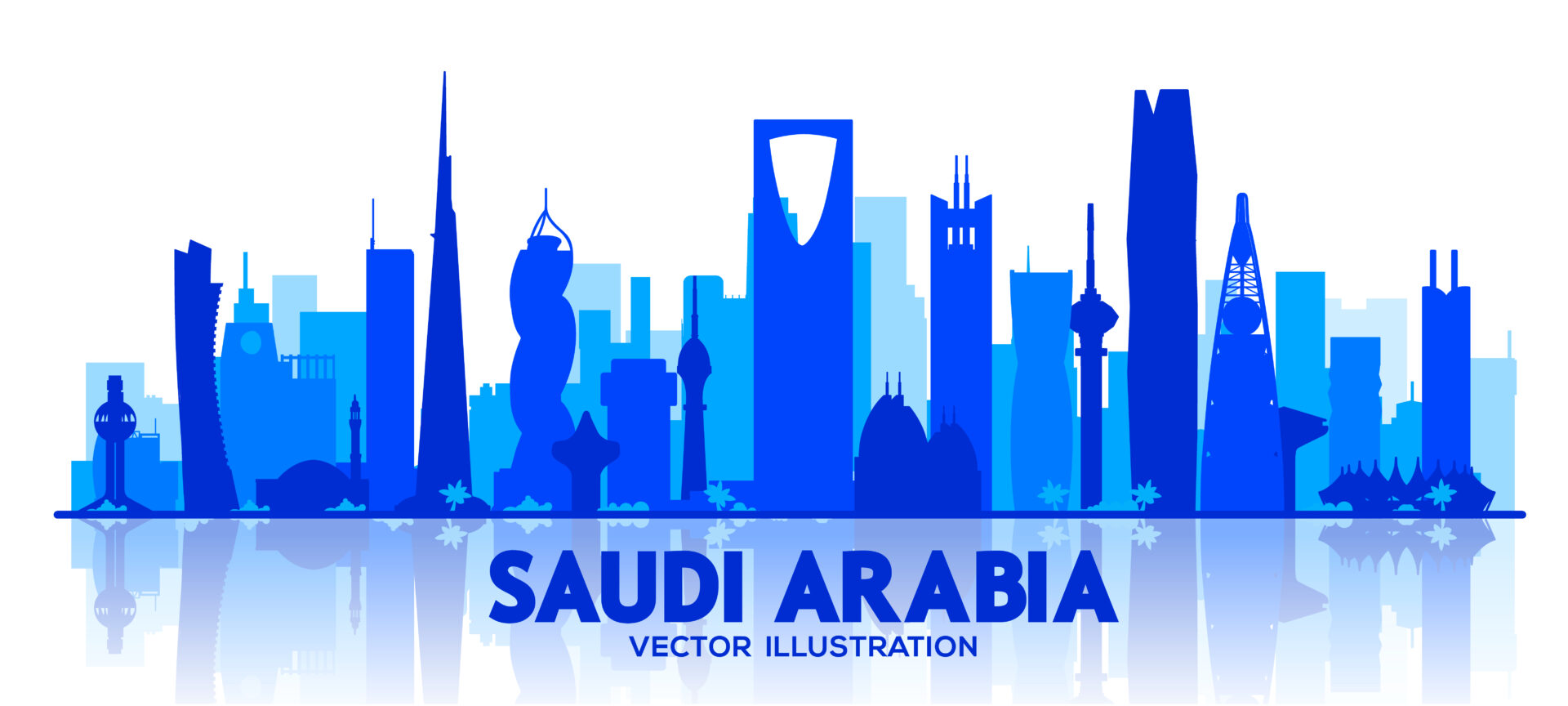Table of Contents
ToggleSaudi Arabia, a nation deeply rooted in Islamic traditions and cultural heritage, celebrates a number of national and religious holidays that significantly shape both work schedules and social life. These holidays highlight the Kingdom’s values of faith, unity, and community, providing citizens and residents alike with time to rest, reflect, and celebrate.
The main holidays in Saudi Arabia center around Islamic festivals notably Eid al Fitr and Eid al Adha as well as important national celebrations such as Founding Day, Saudi Flag Day, and National Day. Each of these observances reinforces the Kingdom’s history, culture, and religious devotion while also supporting a healthy balance between work and personal life.
Saudi Arabia Public Holidays 2026
-
Feb 22, Sunday – Founding Day (National Holiday)
-
Mar 11, Wednesday – Saudi Flag Day (National Holiday)
-
Mar 30, Monday – Apr 2, Thursday – Eid al-Fitr Holidays (End of Ramadan; dates vary by lunar calendar)
-
Jun 6, Saturday – Jun 10, Wednesday – Eid al-Adha Holidays (During Hajj season; dates vary by lunar calendar)
-
Sep 23, Wednesday – Saudi National Day (National Holiday)
Overview of Major Holidays
Founding Day – February 22, 2026 (Sunday)
Established to commemorate the founding of the first Saudi state in 1727, this day celebrates the Kingdom’s deep historical roots. Citizens express national pride through cultural exhibitions, traditional performances, and public festivities. As a national holiday, it offers a well deserved day off for most workers.
Saudi Flag Day – March 11, 2026 (Wednesday)
Introduced in 2023, Saudi Flag Day honors the Kingdom’s iconic green flag a symbol of unity, faith, and justice. Schools, government buildings, and public spaces proudly display the flag, while educational and cultural events teach younger generations its meaning and importance.
Eid al-Fitr – March 30 to April 2, 2026 (Monday–Thursday)
Marking the end of Ramadan, the holy month of fasting, Eid al Fitr is one of Saudi Arabia’s most celebrated holidays. Families gather for prayers, exchange gifts, and enjoy traditional meals and sweets such as ma’amoul and kahwa.
The government and private sectors typically grant three to five days off, depending on company policies. It’s a time for spiritual renewal, charity, and family reunions.
Eid al-Adha – June 6 to June 10, 2026 (Saturday–Wednesday)
Known as the Festival of Sacrifice, Eid al Adha commemorates Prophet Ibrahim’s (Abraham’s) devotion and willingness to sacrifice his son in obedience to God. The holiday coincides with the Hajj pilgrimage, one of the five pillars of Islam.
Families traditionally sacrifice livestock and share the meat with the poor. The public sector typically enjoys five to seven days off, while private sector leave may vary slightly.
Saudi National Day – September 23, 2026 (Wednesday)
National Day celebrates the unification of the Kingdom in 1932 under King Abdulaziz Al Saud. Across Saudi Arabia, buildings are decorated in green and white, fireworks light up the sky, and cultural shows highlight the nation’s journey toward modernization and unity. It’s a national holiday for all citizens and residents, reflecting national pride and progress.
Differences Between the Public and Private Sectors
In Saudi Arabia, holiday durations differ between public and private sectors:
-
Public Sector: Typically receives extended holidays especially during Eid al-Fitr and Eid al Adha which may last up to a week.
-
Private Sector: Also observes these holidays but often for a shorter duration, depending on company policy.
Both sectors, however, observe Founding Day, Flag Day, and National Day as full national holidays.
Employers in the private sector are encouraged to provide fair holiday leave and flexibility during major religious events, allowing workers to participate in family and community traditions.
Conclusion
Saudi Arabia’s 2026 official holidays reflect the nation’s enduring respect for faith, heritage, and unity. Whether celebrating Eid, Founding Day, or National Day, these occasions allow citizens and residents to rest, reconnect, and honor the Kingdom’s values.
While the public sector typically enjoys longer leave periods than the private sector, both benefit from meaningful breaks that strengthen cultural identity and social harmony.
These holidays not only mark significant moments in Saudi history and religion but also emphasize the Kingdom’s commitment to promoting balance between work, family, and faith a cornerstone of life in modern Saudi Arabia.
